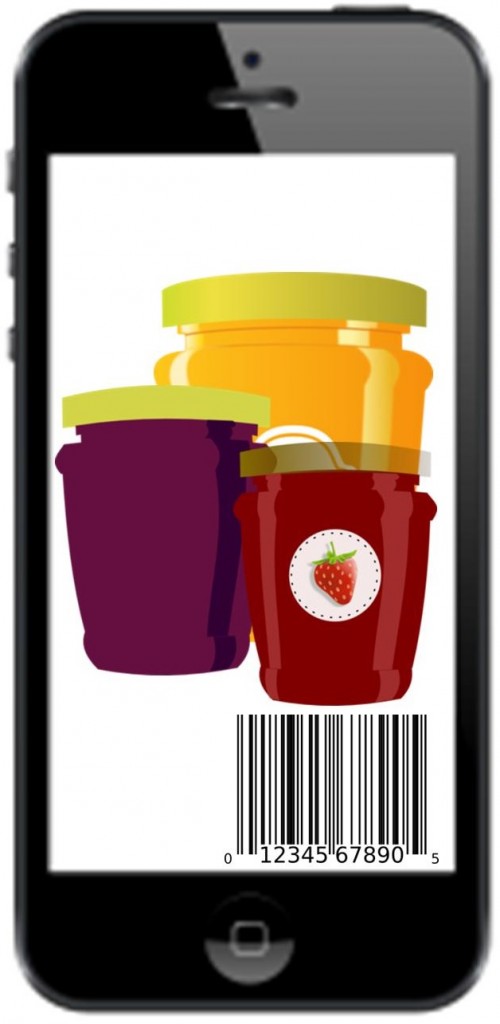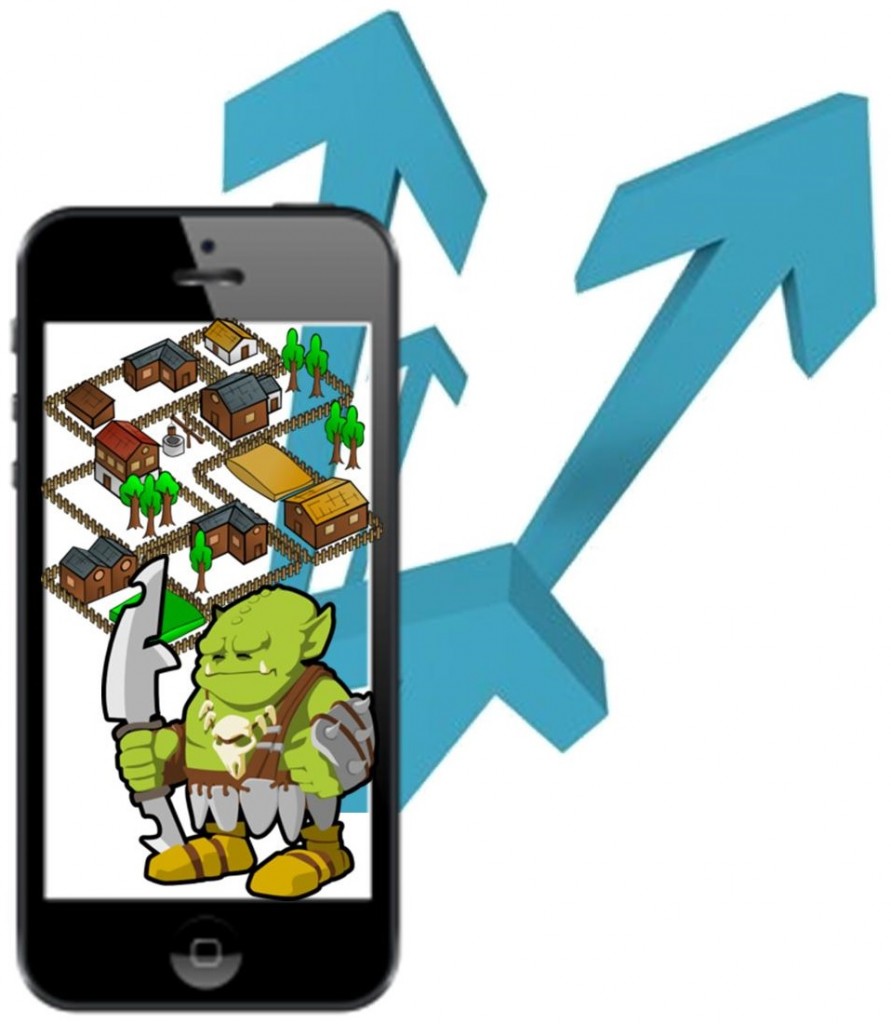Mobile commerce startup breaks the mold
A new mobile commerce startup called Boxed aims to make wholesale goods more easily obtainable for consumers. Typically, people have to go to large, membership-based department stores in order to purchase bulk goods at low prices, but these stores do not exist on every corner. Consumers can typically find a wide variety wholesale goods online, but the costs associated with shipping these goods mitigates any savings they could see. Boxed intends to change this by offering consumers with a way to purchase and receive wholesale products at a low cost.
Boxed provides free shipping to orders over $75
Boxed officially launched this week and is currently restricted to the eastern half of the U.S. Using the application, consumers can purchase a wide variety of products and have these products shipped directly to their home. Orders exceeding $75 will receive free, two-day shipping. The concept behind Boxed is to provide consumers with all the convenience of a wholesale department store without the auxiliary expenses associated with such stores.
 Company holds its own inventory
Company holds its own inventory
Boxed is not just a mobile commerce platform. Behind the application, the company boasts of its own warehouse that stores approximately 500 unique products at any given time. This is somewhat different from the trend that has emerged in the mobile commerce scene. Companies like eBay and Google have been partnering with retailers in order to provide expedited shipping of products without actually having to keep their own inventories. Boxed, however, believes that holding its own inventory and fulfilling shipments is a better way to provide consumers with the services they are interested in.
Mobile commerce continues to evolve
Many trends have begun to emerge in the mobile commerce sector, but mobile commerce cannot be defined by any of these trends on their own. The constant evolution of the mobile space has provided mobile commerce with a lot of room to grow and companies like Boxed have been able to exploit this to their advantage. Boxed aims to offer a new service to consumers that may appeal to people’s interest in convenience and efficiency.
Digital market reaches new heights with the help of mobile games
This has been a very promising year for the digital gaming sector. More consumers are becoming involved in games now than ever before in the past, largely due to the proliferation of smartphones and tablets. These devices have allowed consumers to play games virtually anywhere in the world, but are not the only platform through which these consumers have access to digital games. Large-scale titles, like Blizzard’s World of Warcraft, continue to perform well in the market despite being more than a decade old. A new report from SuperData, a market research firm, shows that the digital game market is reaching new height and this growth may be largely due to the popularity of mobile games.
Market reaches $1.1 billion
According to the report from SuperData, the digital games market has hit $1.1 billion. In July alone, revenue in this sector jumped by 5.4% over what it had been during the same month in 2012. In the U.S., much of this growth is being seen in the mobile sector, where mobile games have become quite popular. Revenue in the mobile games market has jumped by 32% since July of 2012. The report notes that Candy Crush, one of the most popular mobile games, leads the market with more than $438,000 in daily revenue.
 MMOs continue to show strong performance
MMOs continue to show strong performance
The digital games market is dominated by big-name multiplayer titles, like League of Legends and DOTA 2. These games account for the majority of the money that consumers are spending in this particular market. The report shows that World of Warcraft continues to maintain its spot as the highest revenue generator in the digital games market, at least where multiplayer games are involved.
Consumers are leery of mobile games with strong similarities to one another
Mobile games are expected to continue seeing a major increase in popularity in the coming years. This may directly translate into higher levels of revenue generation. The problem, however, is that many consumers are fickle when it comes to mobile games. Games like Candy Crush have managed to achieve a significant level of success, but whether other games can do the same is a dubious matter. Consumers often show a great deal of ire toward games that are too similar to one another, and these games tend to perform poorly in the market.
 Company holds its own inventory
Company holds its own inventory
 MMOs continue to show strong performance
MMOs continue to show strong performance